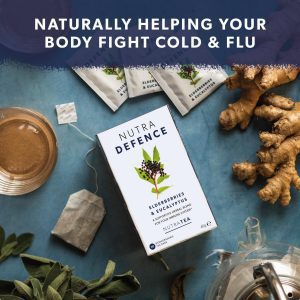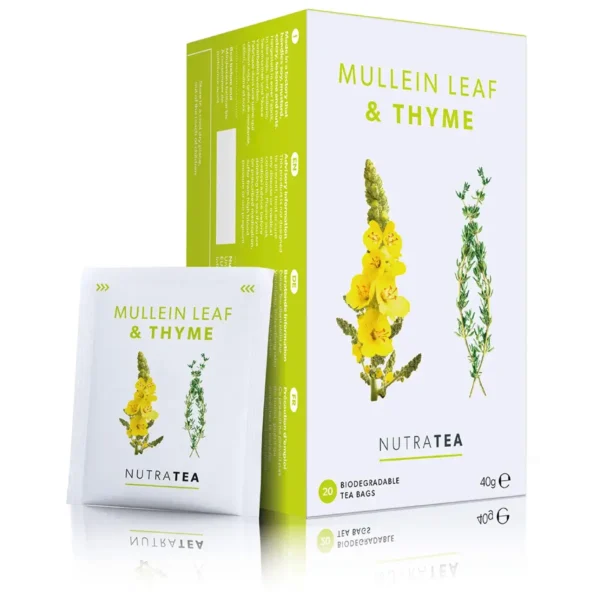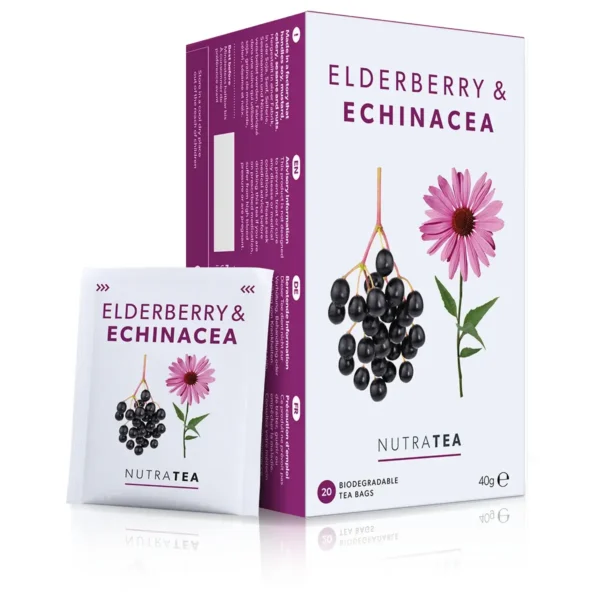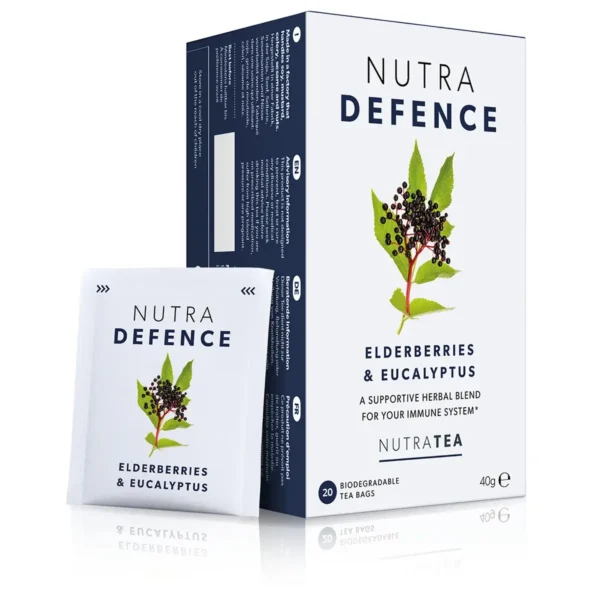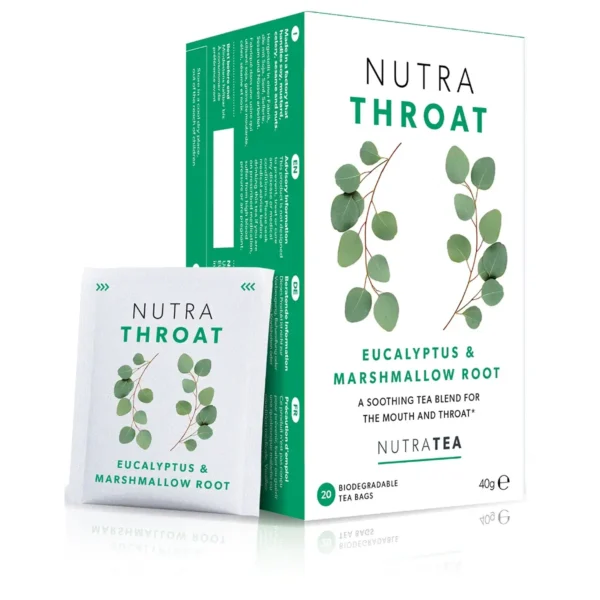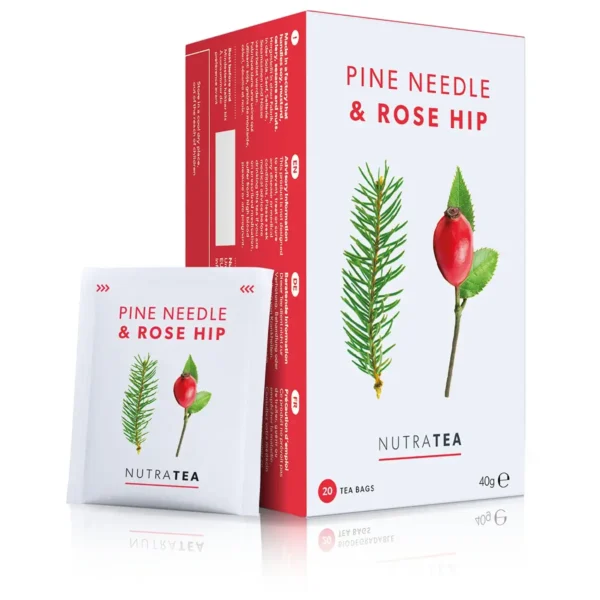NutraBlog
The Best Herbal Teas for Cold & Flu Season
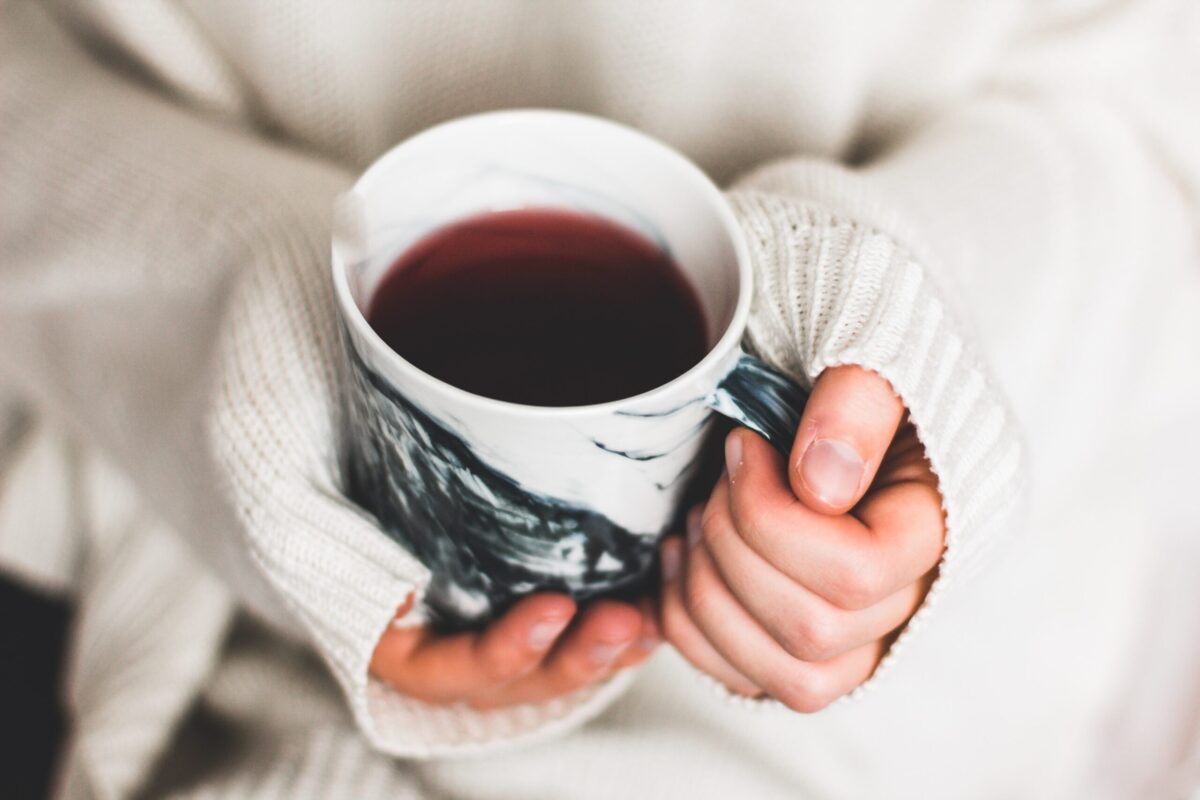
It’s winter and that means cold & flu season is here. To boost your immune system and help you stay well, we’ve compiled a list of the best herbal teas for cold and flu symptoms.
—
When you have a cold, nothing sounds more appealing than snuggling up under a blanket with a soothing cup of your favourite herbal tea. Not only does the tea bring comfort and warmth, but it also helps to keep you hydrated, which your system needs when you are fighting off a virus.
Choose the right herbal tea, and you might also be able to beat cold and flu symptoms faster. While there’s still no cure for the common cold, herbal teas have been used for thousands of years to ease sore throats, soothe coughs, and boost your immune system.
We’ve put together a list of some of our favourite herbal teas for cold and flu season. No matter what your symptoms are, there should be something on this list to help you recover.
1. Ginger
No surprises here – ginger is a firm favourite for fighting cold and flu symptoms. This warming herb is known for its antiviral and antibacterial properties, helping your immune system get rid of the microbes causing your cold or flu.
Ginger also helps to ease a sore throat and is a natural painkiller. On those days when your joints ache and winter seems to have come to live in your bones, ginger is a comforting hug from the inside out.
2. Liquorice
Delicious liquorice has many benefits when you’ve come down with a cold or the flu. It acts as an expectorant, meaning it helps your body to get rid of mucous and keeps your lungs and throat clear. As a demulcent, it also soothes irritated tissues, such as a sore throat.
Liquorice is naturally antimicrobial, so it helps to rid your body of pathogens, meaning you can recover faster.
3. Thyme
You might be more familiar with thyme in the kitchen than in your herbal first aid kit. But this tasty herb is good for more than just seasoning your Sunday roast.
Thyme is traditionally used to treat coughs and soothe that annoying tickle in the back of your throat that disrupts your sleep. It’s an expectorant, so it’ll help to keep your lungs free of mucous. And it’s also spasmolytic, meaning it can stop the throat spasms that have you feeling like you might be about to cough up a lung.
With luck, that means you can get a better night’s sleep too.
4. Mullein
If your cold is accompanied by a frequent cough that is keeping you up at night, a cup of herbal tea that contains mullein is an excellent choice.
This roadside herb is increasingly popular for treating coughs and respiratory diseases. Like thyme and liquorice, mullein acts as an expectorant, easing congestion in your lungs and airways. It’s also a demulcent, meaning it forms a protective coating in your throat, soothing any irritation and making it easier to swallow.
5. Echinacea
Native to North America, echinacea has become one of the most popular herbal remedies for colds and flu. It is known for boosting your immune response, helping you to recover faster.
Taking echinacea regularly may even reduce the risk of coming down with a cold in the first place, according to a meta-study published in the Lancet.
6. Elderberry
Another herbal remedy that is known to boost our immune systems is elderberry. Packed with vitamin C and other antioxidants, it is a popular choice during the winter months. Many people take it daily to protect against colds and other viruses.
Elderberry also has antimicrobial properties. If you’ve already come down with a cold, a herbal tea blend that includes elderberry might help you recover faster.
7. Eucalyptus
It’s becoming increasingly common to see sprigs of eucalyptus hanging in people’s showers. Not just a new home décor fad, this trend is a nod to the power of the plant to reduce congestion and clear our airways.
Like some of the other herbs on this list, eucalyptus is an expectorant. It is well-known for its ability to clear nasal congestion and help you breathe more easily.
When you’re feeling bunged up, a steaming cup of eucalyptus tea might be just what you need to clear those blocked sinuses.
8. Astragalus
A herb that has been used in Traditional Chinese Medicine for hundreds of years, astragalus is another immune booster that might help you recover more quickly from upper respiratory infections like a cold or the flu.
As well as increasing your body’s production of disease-fighting white blood cells, astragalus is an antiviral, so it supports your system’s efforts to get rid of pathogens.
Astragalus also shows signs of being an effective remedy for fatigue. If your cold has you drained of energy, this herb might help get you back on your feet again.
Pick of the Bunch
We couldn’t choose between these herbs because each has so much to offer when you’re struggling with cold or flu symptoms. That’s why our NutraDefence tea combines many of these herbal allies to support your body this cold and flu season.

